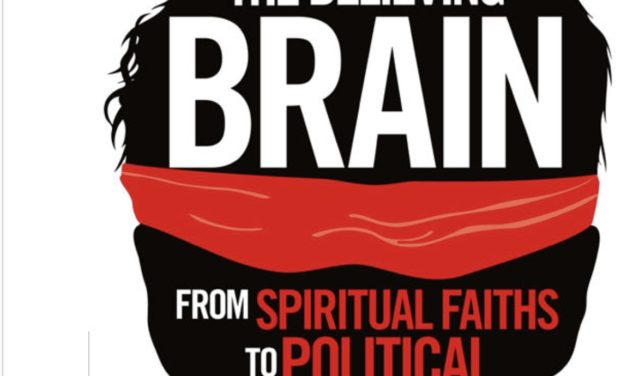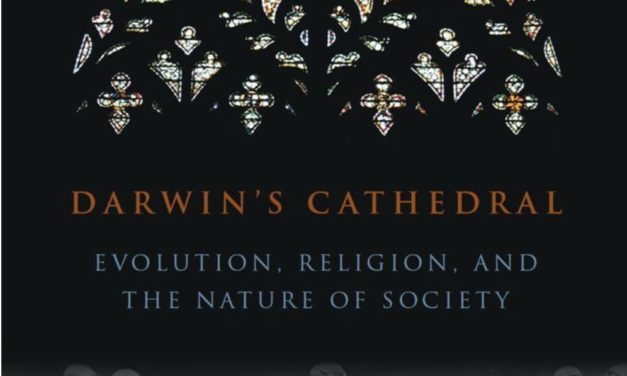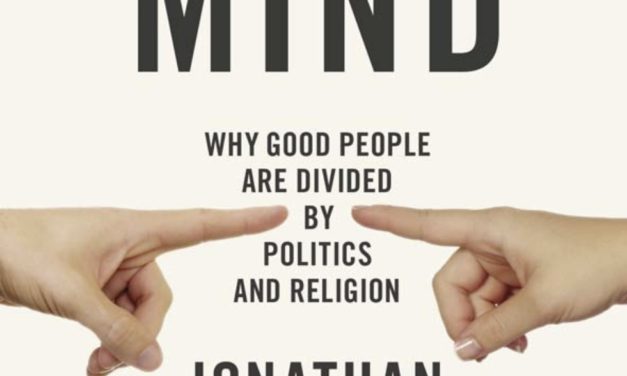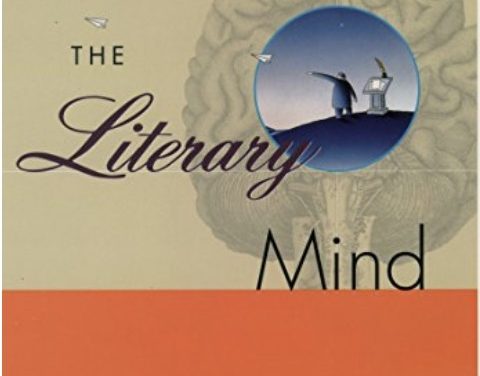The Believing Brain: From Spiritual Faiths to Political Convictions – How We Construct Beliefs and Reinforce Them as Truths
Synthesizing thirty years of research, psychologist and science historian, Michael Shermer upends the traditional thinking about how humans form beliefs about the world. Simply put, beliefs come first and explanations for beliefs follow. The brain, Shermer argues, is a belief engine. Using sensory data that flow in through the senses, the brain naturally looks for and finds patterns – and then infuses those patterns with meaning, forming beliefs. Once beliefs are formed, our brains subconsciously seek out confirmatory evidence in support of those beliefs, which accelerates the process of reinforcing them, and round and round the process goes in a positive-feedback loop. — Amazon.co.uk
Read More





